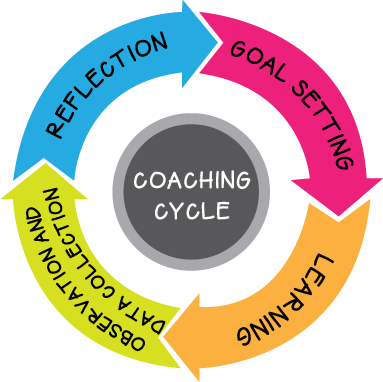
As the New Year approaches, I want to take this time to remind you all that I AM HERE FOR YOU! I am your support system, your professional development, your resource finder, your tech support, your data collector, and so much more. Please know that you do not have to wait for a PD class/conference to learn and explore something new or figure out ways to enhance what you are already doing. I am available to support you NOW! My goal for the New Year is to get into more classrooms whether it be to plan with a teacher, co-teach, model lessons, gather resources, provide training with technology or instructional practices, etc. Also, I know how busy you all are and that it can be difficult to attend some of the after school training classes. If there is a specific topic/app/site/instructional practice that you would like to learn about, please share these with me. I am planning on creating short videos on these topics that will allow you to learn about these concepts when you have the time - maybe while you are sitting on your couch at home with a warm (or cold) drink in hand! Please feel free to contact me at anytime for help and support! You can just email me or fill out the coaching request form.
What is an Instructional Coach?
My main purpose as an instructional coach is to support and assist staff members to reach their goals for student learning. As an instructional coach, I will provide individual or small group on-site differentiated professional development.
Goals as an Instructional Coach: *Be your partner *Meet teachers where they are and take them to the next step *Be Goal-oriented (student-centered) *ULTIMATE GOAL - Impact Student Learning
How Can I Support You?
*Focused discussions on using proven research-based instructional methods
*Data discussions and differentiated planning
*Modeling (demonstration lessons)
*Co-teaching (collaborative lessons)
*Observing & provide feedback (focused classroom visits)
*Videotaping , discussion, and feedback (For the BRAVE soul)Informal Coaching:
I am also available for informal coaching support, if you are interested. These will be one-time or short-term planning sessions. This type of coaching tends to be more teacher-centered.
Formal Coaching Cycle: *Work together to look at student work/data & choose a focus/goal based on what would benefit your students most *Plan lessons once a week (30-45 min.) *Planning sessions will include analyzing assessments or student work & discussing best instructional practices *Model or co-teach *Can last from 4-6 weeks (or longer, if needed)
*Student-centered













